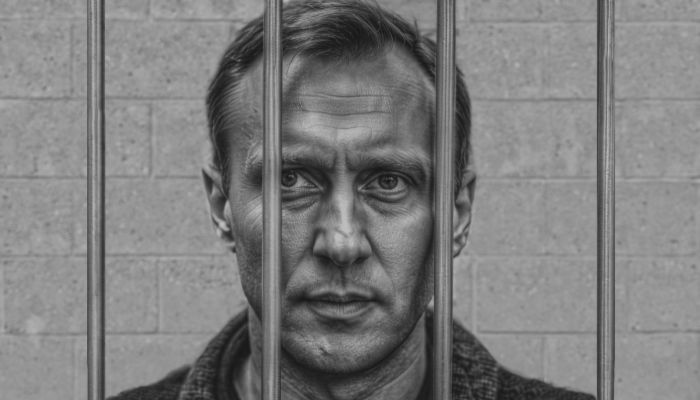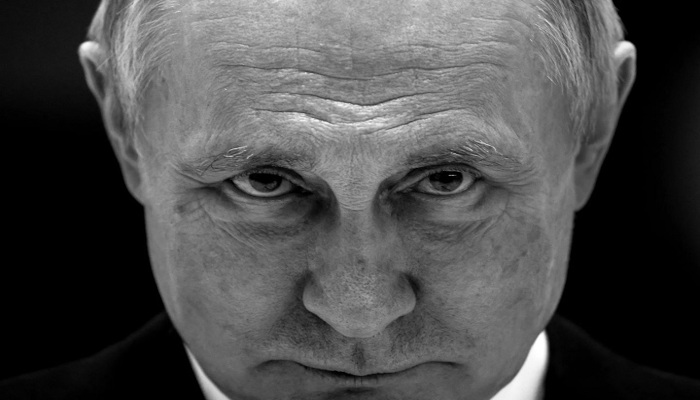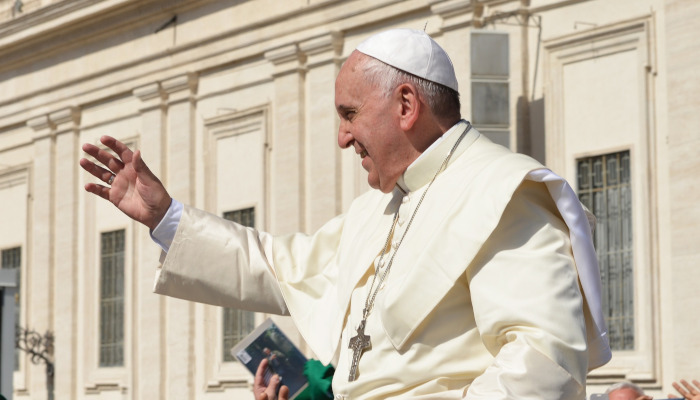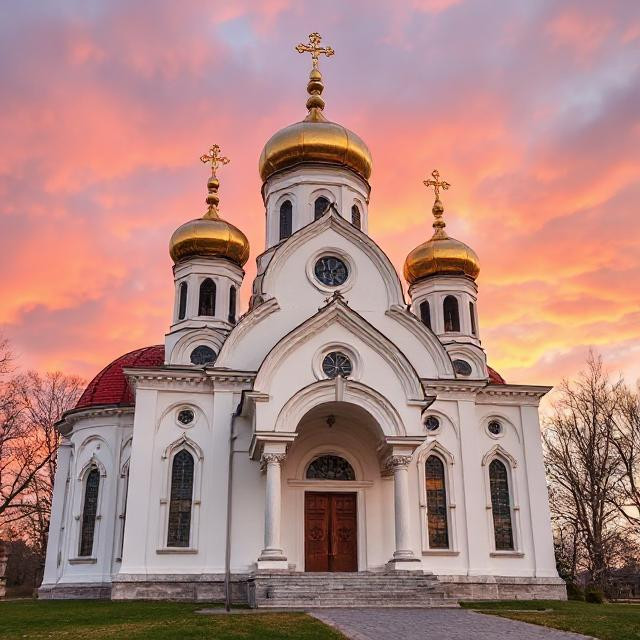
The death of Alexei Navalny, President Vladimir Putin’s most influential opponent, is deepening the chasm between Russia and the West, with unfathomable consequences for the future. The penitentiary administration states that he died of natural causes. At the same time, his family and friends claim he was deliberately killed, possibly due to Putin’s sudden change of heart about a prisoner’s swap with the US. The emerging details and rumors seem to prove Navalny’s family right.
Determining the real reason for his death is mainly relevant for historians and for providing peace to his family. The government’s intent to eliminate him, one way or another, has already been ascertained. In the past, he was poisoned with a nerve agent widely believed to be an instrument in the toolbox of the Russian secret service.
Still reflecting on the circumstances of his demise and the context of political oppression in Russia may shed light on the future of our relationship with Moscow.
Even if Navalny had died of natural causes, which cannot be categorically excluded from a distance, his government would still be responsible. If they had valued his survival, given his high profile, they would not have detained him in a prison across the Arctic Circle. In an emergency, access to a fully equipped hospital was not nearby. The nearest one seems to be Salekhard, an hour’s drive away, and medical evacuation could be abruptly hindered by adverse weather conditions. If they had genuinely cared, they should have placed him in a location where he would be under strict and possibly independent medical supervision. Instead, he was sent to Siberia, despite it being in the interests of both President Putin and
Russia to keep him alive and well.
We may never know the real reasons why he was detained in such harsh conditions. Perhaps the government wanted to send a message to the population wishing a regime change—that Siberia awaited those who complained or challenged authority. Or maybe Navalny was considered too dangerous. He frequently complained to prison authorities to speak at court hearings and with journalists in Moscow. This was more challenging in the Arctic Circle and a different time zone. Or perhaps the authorities knew that the harsh conditions at that remote latitude would deteriorate his health, leading to a “natural” death with no direct government responsibility.
Whatever the real reason, there seems to be an element of irrationality in his relocation. Russian philosopher Chaadaev expressed pessimism about his country, noting the lack of logic among his compatriots. Russia has a history of demonstrating self-destructive behavior. Rarely has there been a country that exalted poetry while simultaneously harshly persecuting poets and writers. It is a country that not only censors publications but also targets their authors, historically through executions or exile. Mandelstam was killed, Esenin is believed to have been murdered, Achmatova’s poet husband met a similar fate, her son and second husband were sent to labor camps, herself confined at home, Salamov spent his life in the Gulag, Solzhenitsyn was imprisoned and exiled, and Pasternak faced de facto house arrest after publishing Doctor Zhivago not to mention the numerous individuals who, by refusing to register with the Union of Soviet Writers, endured a miserable existence.
Indeed, there is nothing new under the Russian sun. Political oppression and the elimination of prominent individuals are not unique to czarist Russia and the Soviet Union. More recently, Boris Nemtsov was assassinated near the Kremlin walls in 2015, Vladimir Kara-Murza was poisoned twice and sentenced to 25 years in jail, Aleksandr Litvinenko was poisoned in London in 2006, and Anna Politovskaya faced a similar fate in Moscow in 2006. Such occurrences may continue in the future. To use Esenin’s final words in 1925, as he grew disillusioned by the Bolsheviks’ promises: “There’s nothing new in dying now, though living is no newer.”
The direct repercussions of Navalny’s death are likely to be minimal, both within Russia and externally. Russia may not face tangible consequences. Additional sanctions, whether in bilateral or multilateral settings, may not be impactful, as Moscow has found ways to mitigate them to some degree. International organizations, such as the EU, UN, or OSCE, issuing words of condemnation may not have a substantial effect, as human rights violations in other countries have often gone un-condemned.
Still outside Russia, Navalny’s death may re-awaken, in the mostly dormant Western memory, the horror of the Gulag and the severity of the Tsarist Katorga that preceded it. To those concerned about prison conditions, it serves as a reminder that this is one of the most neglected items on governments’ agendas. Prison overcrowding, mistreatment, and torture, alongside exposure to tuberculosis and drug-resistant bacteria, plague the prison administration in Russia and, to some extent, in many other countries.
For those who hold Putin in high esteem, it may become more challenging to defend him and, consciously or unconsciously, promote his agenda.
Furthermore, there are the effects on Russia’s relationship with China. On one side, China is pleased that attention continues to be diverted from its mounting issues. Conversely, China is displeased to be linked with a country consistently receiving negative publicity. While it may be true that China does not necessarily treat prisoners any better, it does so in a less overt manner. Sensitive court hearings are held behind closed doors, interviews with detainees are restricted, relatives cannot voice concerns, and the government withholds detailed information that could spur articles or awareness campaigns. China remains distant and out of reach, making it easier for Western nations to criticize Russia over China, especially since there is an open war with Russia and not so with China.
In the Balkans, Serbia, Russia’s closest ally in the region, finds itself in a slightly more challenging position. Belgrade is likely unhappy about the current association with Russia, but it will maintain its stance on the sanctions against the Russian Federation related to the conflict in Ukraine. The elimination of a political dissident does not suffice to prompt Serbia to embrace sanctions it previously rejected for two years. Moscow, alongside Beijing, essentially acts as Belgrade’s most steadfast protector against the risk of Kosovo permanently drifting apart.
Overall, it is all about perceptions that people and countries worldwide have about Russia and Russian soft power. Liberal democracies and international organizations such as the EU must now determine their long-term approach to Russia, considering various economic and political implications. Inflation in America and Europe may continue for some time, and there is less room for diplomacy in Ukraine. It will be more difficult to stabilize the Middle East, where Moscow can exert considerable influence on Iran, Hezbollah, and Hamas with immediate repercussions on Gaza, Syria, Libya, and Yemen. In this scenario, the EU, international organizations, and countries with similar views and ideals might be inclined to decide how to adjust their positioning concerning China, which presents strategic challenges to economies and societies, aside from standing next to Russia.
If, conversely, despite Navalny’s death, Europe still believes that Russia can become a future partner, a lot more work is now needed. A partnership between the West and Russia seemed plausible just twenty years ago. Perhaps that door is not closed forever.
Many signs of a storm brewing worldwide are worse than those currently affecting Eastern Europe and the Middle East. European countries are presently considering adopting far-reaching reforms enabling the EU and NATO to function smoothly. The unanimity rule in the European Commission could be abolished, alongside the veto power each NATO member holds. Strengthening countries’ armed forces, initially through joint purchases and industrial cooperation and later through integration, could be the focus. These reforms could be designed to prove determination, readiness, and leadership in dissuading any rogue actor from breaching international and humanitarian law in the future. Navalny’s death might prompt greater political realism and intellectual honesty, drawing more attention to long-delayed, necessary, long-term reforms.
finis









